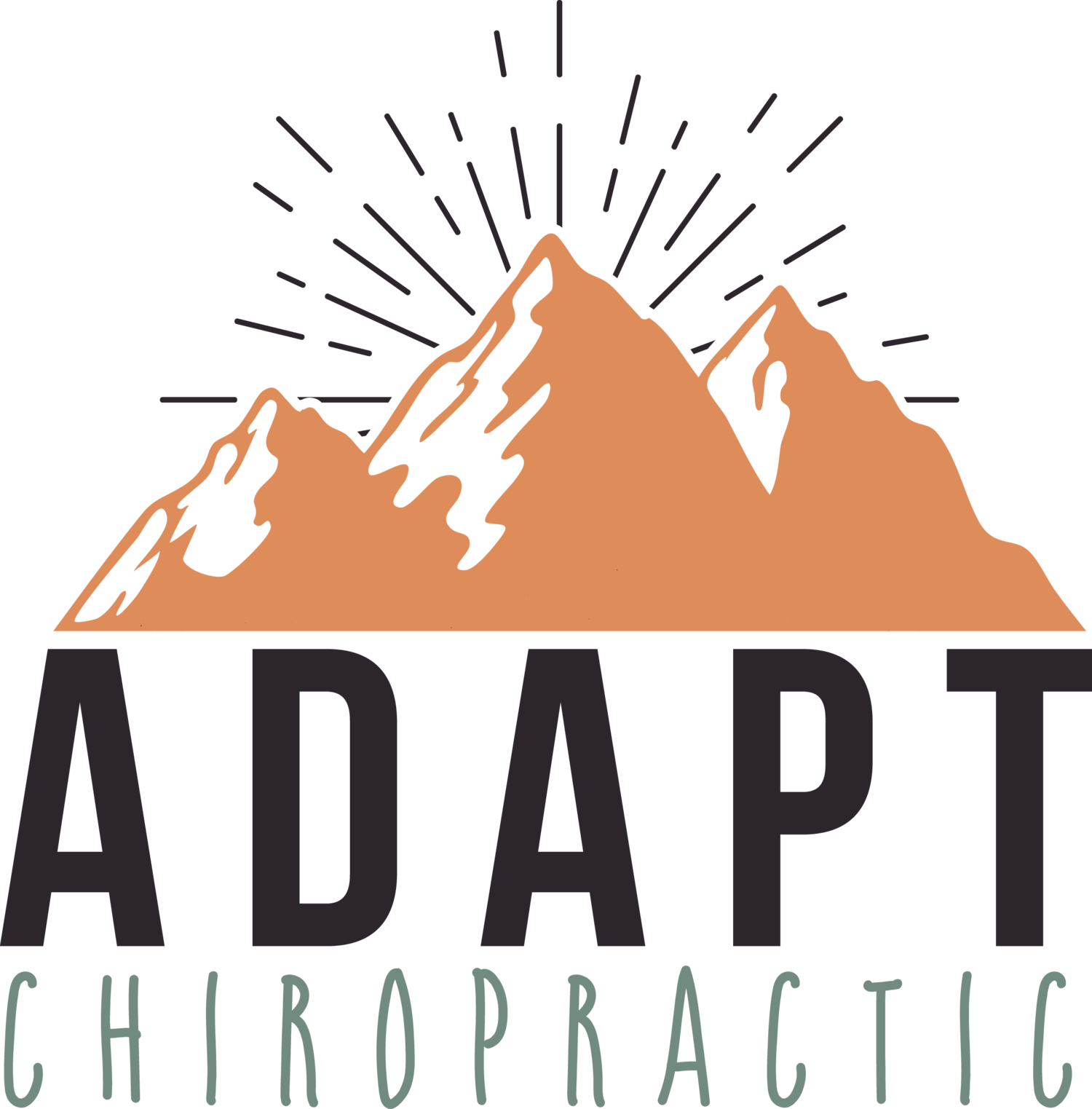The Perfect Storm: Insights into Childhood Neurological Disorders
If you're a parent struggling with the challenges of chronic neurological conditions in your child—ranging from autism, ADHD, and Sensory Processing Disorder to anxiety, seizures, and OCD—then you're likely familiar with the emotions that come along with these challenges such as frustration, exhaustion, and a relentless pursuit of answers. Despite navigating traditional medical avenues, searching online resources, and trying out various therapies like PT, OT, and speech, you might still feel like you're stuck without solutions or definitive answers.
Welcome to what we call "The Perfect Storm"—an accumulation of traumatic events, toxins, and developmental disruptions that can leave your child’s nervous system in an endless state of imbalance. This can begin as early as during pregnancy, labor and delivery, and early childhood, causing your child to go off track.
This blog is for parents who refuse to resign themselves to the status quo of chronic illness and medication dependency. It's for those who seek genuine understanding and drug-free alternatives to support their child's well-being. As we dive into the details of The Perfect Storm, our aim is to empower you with knowledge and actionable insights to reclaim control over your child's health journey.
Understanding The Science of The Perfect Storm
Before discussing what we call The Perfect Storm, it's important to understand the scale of this issue. Shockingly, statistics reveal that 1 in 4 children struggle with chronic illness, while sensory issues affect 1 in 6 kids, and Autism Spectrum Disorder affects 1 in 36 children. These numbers shine a massive light on the urgency of addressing the root causes behind these health challenges in our kids today.
One of the fundamental truths often overlooked is the interconnectedness of various health issues in children.
Conditions like colic, constipation, eczema, and ear infections aren't isolated incidents that children outgrow; rather, they serve as precursors to more complex neurological conditions such as Autism, ADHD, and sensory issues. This interconnectedness forms the blueprint of The Perfect Storm, a sequence of events that shapes a child's developmental trajectory.
The Origin of The Perfect Storm
The Perfect Storm very often begins during pregnancy, where high levels of maternal stress can profoundly impact fetal development. As a pregnant mother, if your nervous system is stuck in a “fight or flight” sympathetic stress response, then all those stress hormones are shared with your developing baby’s nervous system. The umbilical cord doesn’t just bring nutrients and oxygen to your baby, but also serves as the electrical “power” cord that connects your nervous system to your baby’s nervous system.
Next is the birthing process, which only aggravates the storm - particularly with interventions like forceps, vacuum extraction, and c-sections - which all put immense pressure on your baby’s head, neck, and delicate brainstem area as they yank, twist, and pull on a brand-new infant. These procedures can subject infants to significant physical birth trauma, particularly affecting the brainstem and nervous system.
This immediately shifts your baby’s nervous system into a sustained “fight or flight” sympathetic response, which results in subluxation and shuts down or suppresses the function of the Vagus Nerve and Parasympathetic Nervous System, which is in charge of rest and digestion.
It's crucial to understand that when your child's nervous system becomes overstressed and imbalanced, a host of challenges arise. Their immune and digestive systems bear the brunt, leading to frequent illnesses. When this happens, unfortunately, the typical response from pediatricians often involves prescribing antibiotics and other medications. However, these medications can worsen the situation by disrupting the connection between the gut and brain, further derailing the child's health.
This downward spiral can eventually manifest as autism, asthma, allergies, ADHD, anxiety, and more. Despite each condition being treated separately, they all stem from underlying issues like subluxation, neurological dysfunction, and dysautonomia—a state where the Autonomic Nervous System has lost its equilibrium and functionality.
